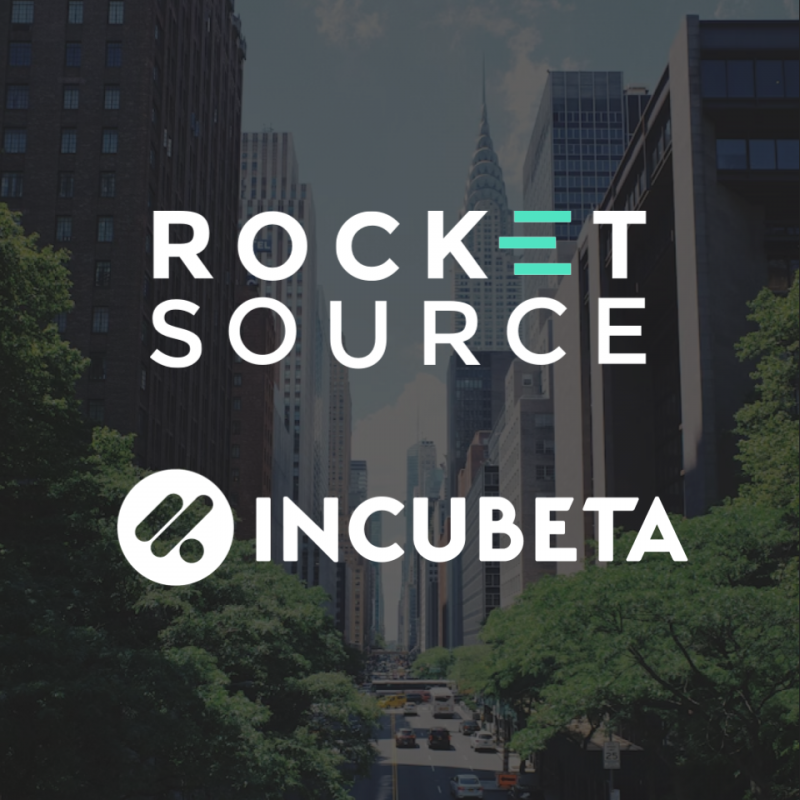In response to the decision, Meta has announced the introduction of ‘Meta Premium’, a subscription based service that will allow users over the age of 18 to pay for ad-free Facebook and Instagram access. Only impacting users in EU, EEA and Switzerland the cost of subscription ranges from €9.99 to €12.99 a month (dependent on device).
With two major changes happening in the Meta-sphere, many advertisers are left wondering what the impact of the ban, and the introduction of ‘Meta Premium’ will mean for advertising across Facebook and Instagram.
What is Meta Premium?
Let’s first take a look at Meta Premium which, by all accounts, seems to be more of a dud solution designed to keep the EDPB happy, rather than a service that’ll actually take off, and/or impact advertisers.
Without a directly comparable situation it’s hard to anticipate the volume of users that will subscribe, however considering Meta hasn’t ‘willingly’ introduced this update, we don’t expect much promotional collateral from their end, which will almost certainly impact subscription rates.
The closest comparison we do have is YouTube premium which saw 9% of users subscribe. It’s fair to expect even less for the Meta subscription, as it will likely not be heavily promoted, but this is something that we’ll monitor as the subscription is rolled out.
What is the Personalization Ban?
As stated by the EDPB, the order, or personalization ban is “a ban on the processing of personal data for behavioral advertising on the legal bases of contract and legitimate interest across the entire European Economic Area”.
In layman’s terms, Meta is banned from using personal (European) data to run targeted ads without a user’s explicit consent.
What Impact Will this Have?
It remains to be seen which strategy Meta will employ to collect explicit consent, and if this strategy will appease the governing bodies.
From Incubeta’s standpoint, we anticipate Meta will lean into and embrace Artificial Intelligence as a long-term solution. Bolstering and encouraging the application of their AI offering, Advantage+, a ‘black box’ approach to advertising with algorithms, rather than marketers leading the charge. Audience quality is diminishing, and with Meta now having to obtain clear consent from each EU user, this will only deplete further. The solution? Amalgamating as much data as possible in their AI enabled model – allowing Meta to leverage its own data to increase the accuracy of targeting.
If this is the case, then the most important consideration to take into account is proper measurement and proper assets. Similar to Google’s Pmax, Advantage+ is aimed at simplifying audience targeting and creative management for advertisers – requiring less human input. This means that the results you get will only be as good as the information you provide – a ‘garbage in, garbage out’ mentality. Really think about what you’re feeding into the tool – creatives, messaging, media strategy, landing pages, optimization data and so on.
So What Can You Do?
“It’s vital that you focus on building a solid strategy which ensures proper, transparent consent is collected across your own users. Demonstrating transparent exchanges of user data against product use, or customer journey enrichment, means first-party customer data keeps its value. However, the gaps within measurement and addressability will grow. By focusing on Enhanced Conversions, Consent Mode and by aligning Media Mix Modeling (MMM) to the new reality we live in, brands can take a big step in the right direction. Lastly, ensuring the quality of the assets fed into these “AI Marketing Machines” will become increasingly important, and will become a key way to differentiate brand, proposition, and marketing performance – away from targeting, manual optimization and the illusion of 1:1 marketing” – Mike Ossendrijver, Incubeta’s Global CBO.
Enhanced Conversions in Action with Sanlam
Trust the Process
There’s no denying that this is a big change for advertisers (and Meta) – but it’s not the be all and end all. Properly investing in tools such as Advantage+ will help you mitigate the loss of user tracking and, if executed effectively, help you drive engagement.
The proof? When launching PMax for luxury travel brand Mahlatini we wanted to ensure that our creatives were tailored to each audience and holiday type. We created 3 asset groups: family holidays, honeymoons and a generic one focused on branding. We managed to increase our reach whilst improving ad user engagement driving a 741% increase in Impressions, and a 95% increase in Conversion Rate.
“We all know that Meta makes most of its money from advertising, and this is just a fast way for them to follow the rules and avoid a wrist slap – it’s unlikely we’ll see it sitting front row in their strategy (just yet). However it has, yet again, thrust AI into the limelight – and this time, it’s been dubbed ‘The Problem Solver’. If we could provide near personalized ads without invading people’s privacy – well that would be the perfect solution to the problems GDPR aimed to fix. To date our data has not nearly been clean enough for true personalization, so is this the way?” Jessica Jacobs, Incubeta’s Chief Growth & Partnerships Officer.
For more information on how Incubeta can help you optimize your ads, get in touch today.



